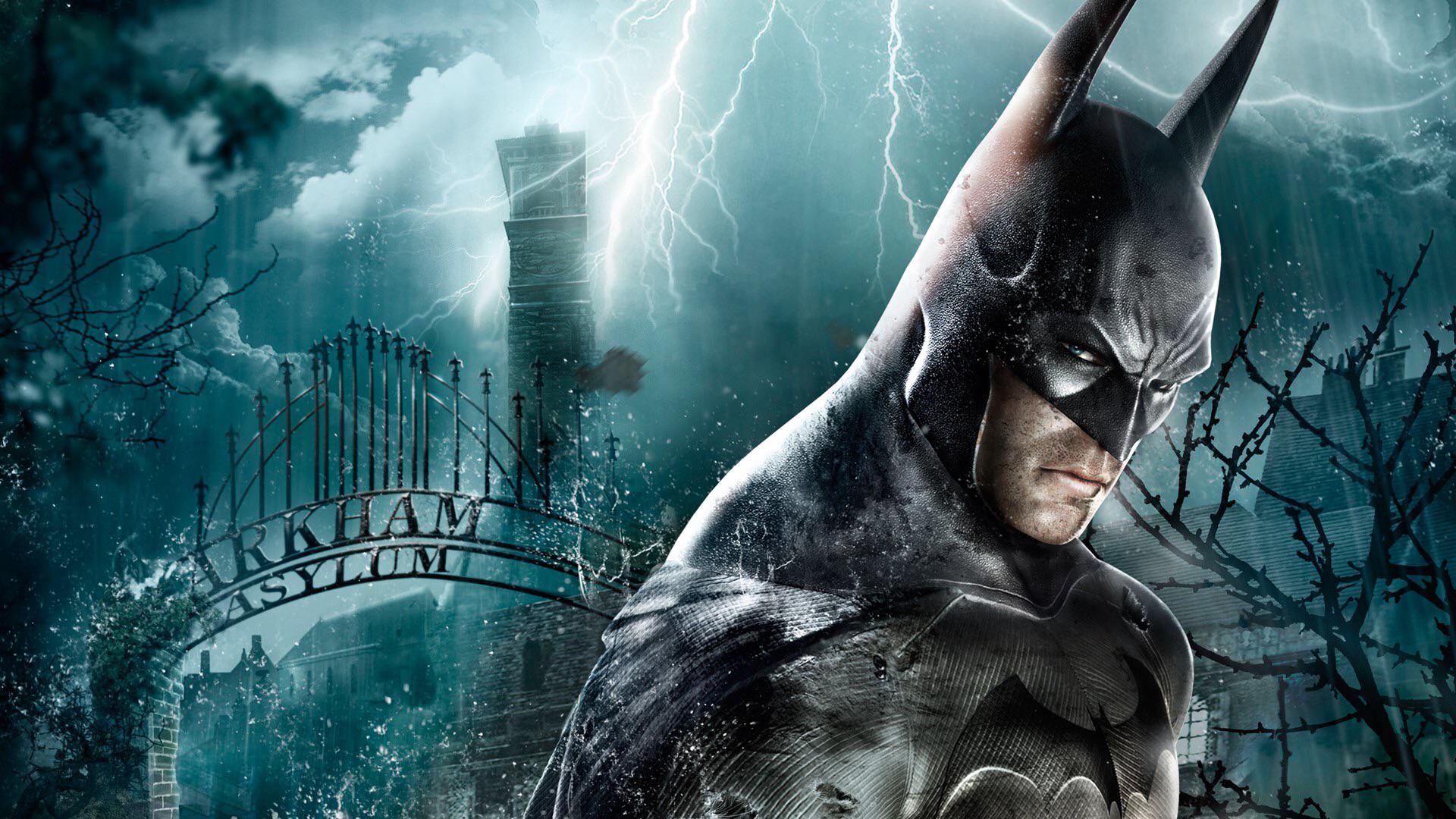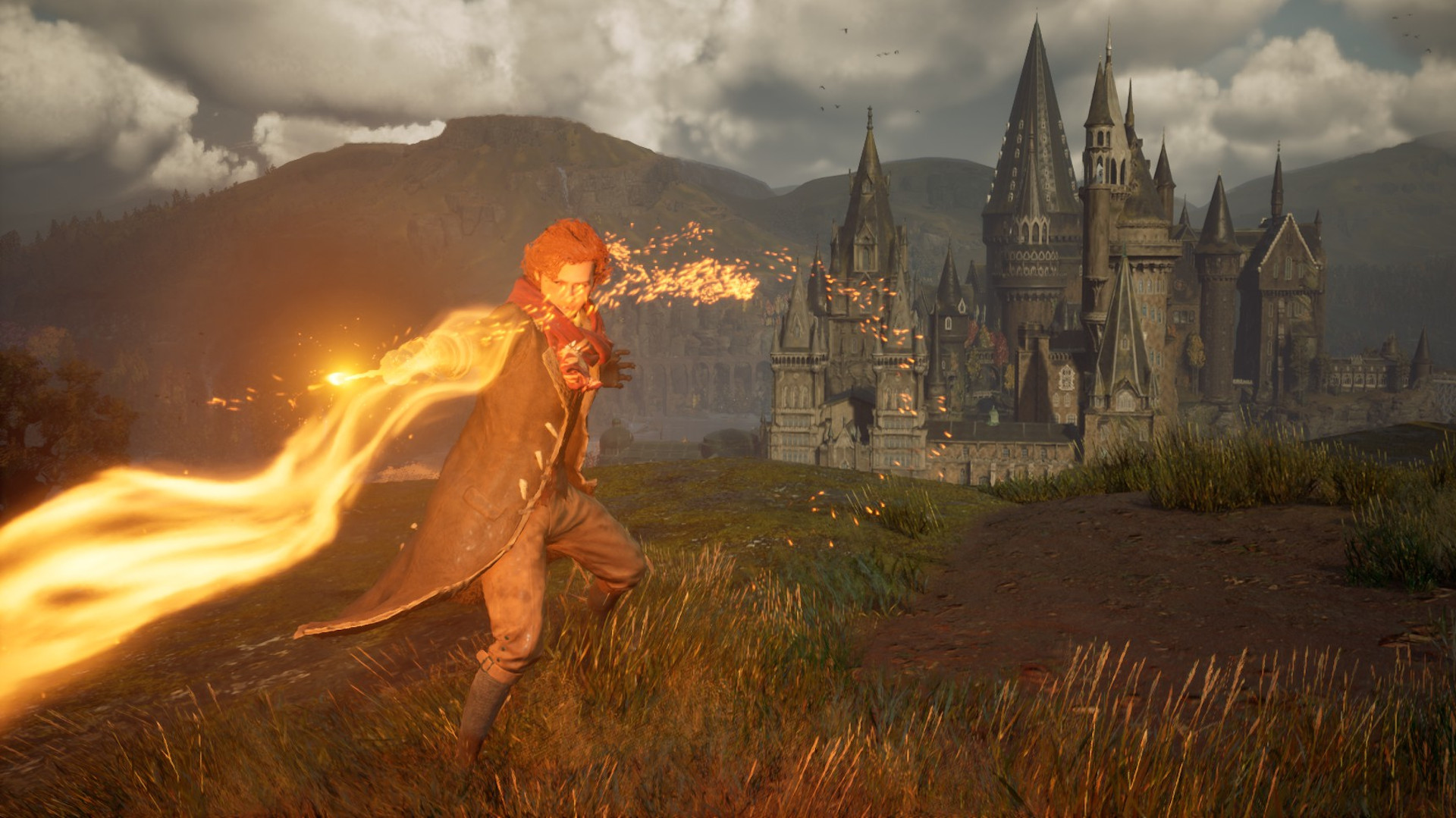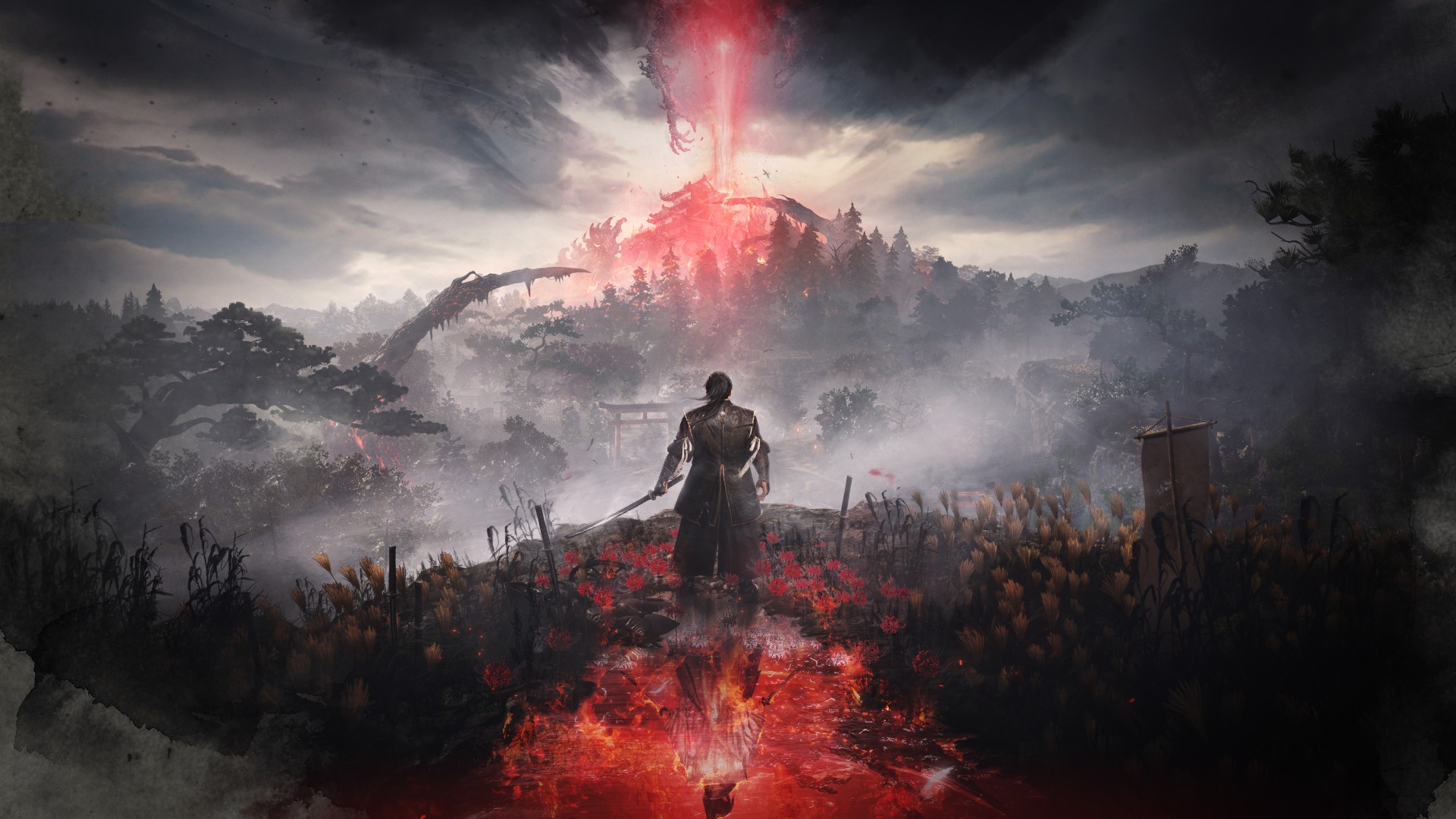Warner Bros Games restructures, all the better to drown us in Batman and Harry Potter games
Focusing on four core games, and that's it.

Keep up to date with the most important stories and the best deals, as picked by the PC Gamer team.
You are now subscribed
Your newsletter sign-up was successful
Want to add more newsletters?

Every Friday
GamesRadar+
Your weekly update on everything you could ever want to know about the games you already love, games we know you're going to love in the near future, and tales from the communities that surround them.

Every Thursday
GTA 6 O'clock
Our special GTA 6 newsletter, with breaking news, insider info, and rumor analysis from the award-winning GTA 6 O'clock experts.

Every Friday
Knowledge
From the creators of Edge: A weekly videogame industry newsletter with analysis from expert writers, guidance from professionals, and insight into what's on the horizon.

Every Thursday
The Setup
Hardware nerds unite, sign up to our free tech newsletter for a weekly digest of the hottest new tech, the latest gadgets on the test bench, and much more.

Every Wednesday
Switch 2 Spotlight
Sign up to our new Switch 2 newsletter, where we bring you the latest talking points on Nintendo's new console each week, bring you up to date on the news, and recommend what games to play.

Every Saturday
The Watchlist
Subscribe for a weekly digest of the movie and TV news that matters, direct to your inbox. From first-look trailers, interviews, reviews and explainers, we've got you covered.

Once a month
SFX
Get sneak previews, exclusive competitions and details of special events each month!
Warner Bros Games has announced a new restructuring, six months after the departure of its president David Hadded, as it continues to re-orient itself around four franchises. The new structure will see WB Games split into three divisions based on what the company considers its four most important gaming properties: Harry Potter, Game of Thrones, Mortal Kombat and DC (but mainly Batman).
This has been the direction of travel for WB Games for some time now, and seems prompted by a couple of high-profile failures in particular. The most prominent is Rocksteady's Suicide Squad, a live service title that flopped and apparently cost WB Games an eye-watering $200 million. The other is Multiversus, a pretty decent fighting game that included many WB properties, but failed to catch on and, after one attempt at a relaunch, the company said "that's all folks" at the start of this year.
Notable in both cases is that these were riffing on more esoteric WB properties: in Suicide Squad you play a cast of relatively minor DC villains, while Multiversus was built around characters like the Iron Giant, Steven Universe and *checks notes* Banana Guard. So it very much seems like one of the lessons WB Games has taken is to now build games around only its very biggest brands, and tentpole releases like Hogwarts Legacy.
In November 2024, Warner Bros Discovery CEO David Zaslav was explicit about this, saying the publisher would be narrowing its focus to DC ("in particular Batman"), Hogwarts Legacy, Mortal Kombat, and Game of Thrones.
"We're through some of the worst—and it hasn't been pretty on the gaming business—but we have four games that are really powerful," said Zaslav. "We're going to go away from trying to launch 10, 12, 15, 20 different games. I think we have a real chance now with focus to have the gaming business be steadier."
In terms of the corporate office-shuffling, three current studio heads have been promoted (first reported by Variety). WB Games Montréal studio head Yves Lachance is promoted to senior vice president, development, in charge of Harry Potter and Game of Thrones. NetherRealm studio head Shaun Himmerick is also now senior vice president, development, and in charge of Mortal Kombat and DC games. Finally, WB Games New York studio chief Steven Flenory is senior vice president, central tech & services, in charge of technology, QA, and audience research. All report directly to JB Perrette, Warner Bros Discovery’s CEO of global streaming and games.

For once in the games industry, this restructuring doesn't come with a slew of layoffs. It's unclear whether WB Games is still looking for a replacement for former chief Haddad, or whether this new structure is how things are gonna be.
Keep up to date with the most important stories and the best deals, as picked by the PC Gamer team.
"Our company is home to some of the biggest franchises in the world, and we are optimizing our team structure to develop long-term franchise roadmaps to delight players and fans of Harry Potter, Game of Thrones, Mortal Kombat and DC games," said Perrette.
The WB Games restructuring takes place as parent company Warner Bros Discovery prepares to split into two companies: WBD Streaming & Studios, led by CEO David Zaslav, and WBD Global Networks, led by CFO Gunnar Wiedenfels. WB Games will be a part of the Streaming and Studios division.
As for what we can expect to see from WB Games in future, there will inevitably be a Hogwarts Legacy sequel (it was the best-selling game of 2023 by a distance), Mortal Kombat will likely roll on as ever, and I fully expect Rocksteady is in the early stages of a new Batman game (otherwise, why keep it open after Suicide Squad). As for Game of Thrones, there's an RTS later this year, though I'm holding out hope for a third-person Westeros with the Nemesis system. Hell, just anything with the Nemesis system would do.

Rich is a games journalist with 15 years' experience, beginning his career on Edge magazine before working for a wide range of outlets, including Ars Technica, Eurogamer, GamesRadar+, Gamespot, the Guardian, IGN, the New Statesman, Polygon, and Vice. He was the editor of Kotaku UK, the UK arm of Kotaku, for three years before joining PC Gamer. He is the author of a Brief History of Video Games, a full history of the medium, which the Midwest Book Review described as "[a] must-read for serious minded game historians and curious video game connoisseurs alike."
You must confirm your public display name before commenting
Please logout and then login again, you will then be prompted to enter your display name.

